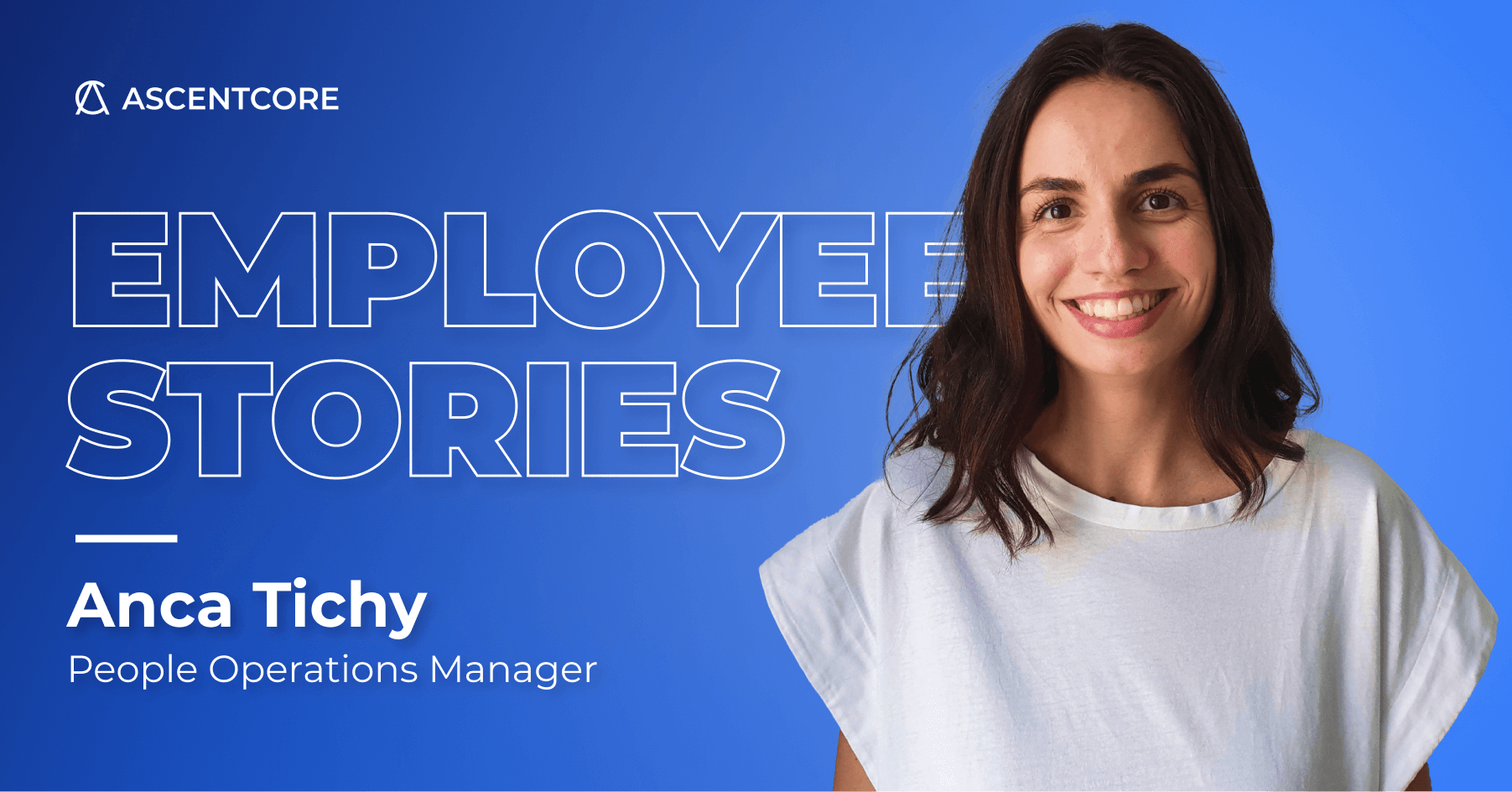Developing a strategic perspective, coaching others, providing relevant support and cultivating meaningful connections are part of Anca’s role and what she enjoys most about her job. We sat down with her to talk about HR trends she’s optimistic about, creating a culture that keeps talent happy, tools that made her life easier and much more.
Tell us more about yourself
I am the girl who was born and did all her studies in Cluj.
I am the woman who wants to read more, do more, fight more.
I am the wife who said yes 14 years ago.
I am the mother who always loves to fool around with her kids.
I am the colleague who is on the nice people list.
I am adaptable, warm hearted, energetic and empathic.
How would you describe your specific job to someone who doesn’t work in HR?
I would use this definition: “The unofficial lawyer, psychologist, event planner, teacher, peace maker, career planner, detective”.
What’s the biggest misconception people might have about your job?
HR is responsible for paperwork and simple administrative tasks. An HR’s role is to empower, develop employees and create environments for people to be and do their best. It is not just about the paper we craft at the beginning of a collaboration. HR does a lot of tasks that are less visible.
What’s the most fulfilling aspect of your job?
2022 was a fast, challenging, rewarding and significant year. It was a year which took me out of my comfort zone but the results and lessons made all the difference! I was delighted to meet new people, learn and grow together with them.
Developing a strategic perspective, having vision, coaching others, providing relevant support and cultivating meaningful connections are part of my role and I really enjoy juggling with all these hats.
What trend in HR are you most optimistic about?
It’s hard to name just one, I want to focus, in the upcoming months, on employee wellbeing and upskilling – it is very important to facilitate continuous learning by providing training programs and development opportunities that expand an employee’s abilities and minimize skill gaps.
What do you wish you had more time to do in your position?
Brainstorm, plan, interact even more with my colleagues, read and participate at different events/conferences.
Tell us one new or old HR tech product or platform that’s made your life easier, and why.
There are some platforms I’ve worked with like Lever, Workday, BambooHR and in-house HR products – the most important characteristic is to have a tool where you have all your info and you can easily search through it. Lever helped me when I played the role of a recruiter, the others helped manage payroll, benefits, engagement surveys, learning and development, performance and employee data. A great HR platform makes it easy to access all the info you need and offers a best-in-class solution to all your needs, all deeply integrated with your tools.
Making developers real partners naturally raises the bar on talent, the technical talent you pull in—including both leadership and individual developers. How do you attract that talent? How do you compete with tech giants? And how do you create a culture that actually keeps that talent and keeps them happy?
This is a very complex topic and it’s the subject of a different article, but there isn’t a simple formula that you can apply and see the awesome rewards. It takes a united and involved team, creativity, courage, time, passion, patience, collaboration and the openness to change things.
It starts with a plan that on the long road might change at least a few times, it takes trust and integrity, perseverance, willingness to continually grow, adapt and be involved, be informed on what the needs and the pain points are. Acknowledge that everyone is distinct, has a different type of experience and skills is the beauty of things and is crucial in attracting talent toward business.
One’s small role might be the missing link in the big puzzle and seeing that, having the big picture is what keeps a person engaged.
What do you think are still the biggest misconceptions about developers that business and tech leaders have?
The idea of developers being antisocial is not always accurate. Developers are creative problem solvers who juggle with creative thinking and the tasks they have.
The successful ones combine a high emotional intelligence with hard work and the openness and drive to continuous learning.
There is nothing wrong with being an extrovert or an introvert, they are equally valuable.
They are just different and need distinct approaches. Programmers are people who socialize like any other and we always try to help them express their creativity in a way that is appropriate to each person’s temperament and personality.














